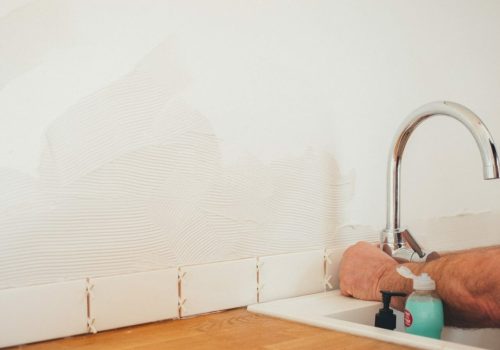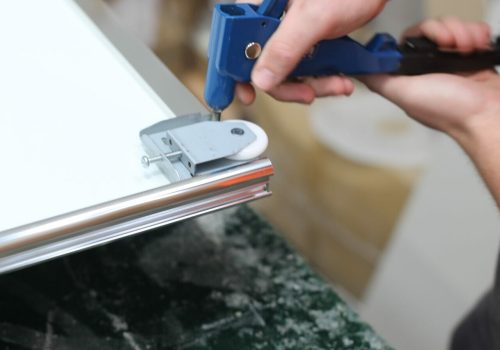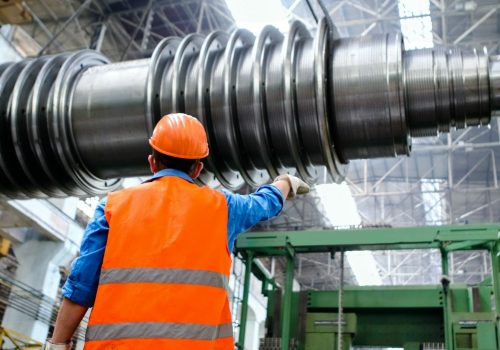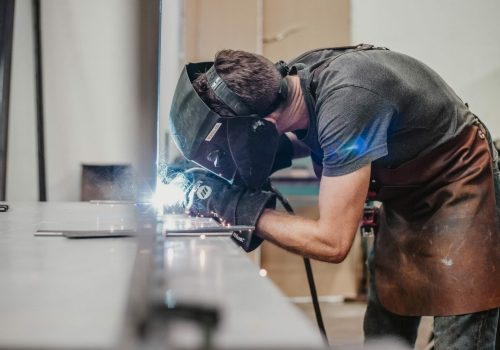Trade Qualification
A trade qualification is documentation you receive once you complete adequate training for a trade profession. A trade qualification recognises employment-based training and formal education. It is issued through a Registered Training Organisation (RTO).
Gimbal Training provides specialized that helps individuals achieve trade recognition in Australia. With our expert-led programs, you gain the qualifications required by Registered Training Organisations (RTOs), ensuring your skills are formally recognized for career advancement in various trades across Australia.
Trade qualifications are typically provided by technical and further education (TAFE) institutions, registered training organisations (RTOs), or similar vocational institutions. These programs often involve an apprenticeship or on-the-job training component, where students get the chance to apply their skills in a real-world setting under the supervision of experienced professionals.
Gimbal Training offers comprehensive trade recognition in Australia, helping individuals gain formal recognition for skills and experience. Through Gimbal Training, you can acquire and validate the skills needed for your trade by combining hands-on practical experience from apprenticeships or by the Recognition of Prior Learning (RPL) process. Whether you’re starting your career or looking to advance, Gimbal Training provides the support and resources needed to turn your expertise into formal qualifications, opening up new opportunities in your trade.
Note:
Although trade qualifications and certificates seem similar, there are a few differences between the two. A trade certificate typically signifies that an individual has acquired a certain level of skill or knowledge. This could be in a specific trade, such as plumbing, electrical work, carpentry, or automotive repair. While these are not issued by RTO’s, you can apply for one after receiving a trade qualification.
What are trade qualifications?
Trade qualifications are formal recognition of your skills and abilities as a trade worker. On completion of a relevant Certificate III or Certificate IV in your field, you will be provided with this nationally-recognised Australian qualification.
If you’re looking for a way to gain your trade qualification, you can speak to Gimbal Training to see how an apprenticeship pathway can help you gain your qualification.
Which trades require a qualification?
Acquiring a qualification is essential to ensure professionalism and quality of work. By getting qualified, you can prove that you will conduct business safely and with the highest standards in mind.
More importantly, some trades require you to get licensed in order to contract, subcontract or advertise for commercial or residential projects. Acquiring a trade qualification is an important step towards achieving your trade licences. Check out our trade licence page for more information.
How do I get a trade qualification?
To achieve a trade qualification, you will need to apply for a relevant course with Gimbal Construction(RTO ID 32201) or Gimbal Engineering (RTO ID 31820).
RPL Enquiry Form
Browse Our Courses
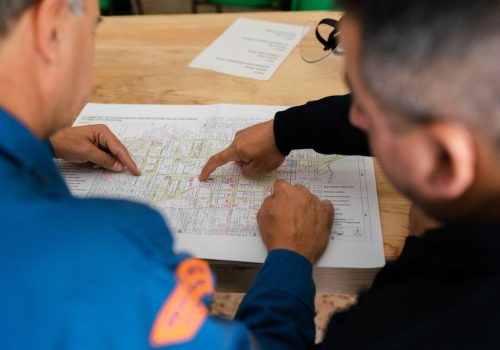
MEM40119 – Certificate IV in Engineering
Trade Qualification FAQs
How long does it take to get a trade qualification?
The duration of your qualification depends on how much previous experience you have and how long your apprenticeship is. Check out what qualification and pathway works best for you with Gimbal Training.
What is the difference between a trade licence & trade qualification?
The purpose of trade qualifications is to prepare individuals for work in a particular trade by teaching them the necessary skills and knowledge they’ll need in the job. This typically includes a combination of theoretical learning and practical, hands-on experience. It can be issued by an RTO. A trade licence is a formal authorisation that allows you to conduct business within the state it is issued. Trade licences cannot be issued by an RTO; they are only issued by regulatory authorities of each state.
For example, if you’re a tiler, glazier or plasterer, you will need a Certificate III before you apply for a trade licence. Similarly, if you’re a builder, you will need to complete a Certificate IV, Diploma or Advanced Diploma in order to acquire your licence.
Can I work in a trade without a qualification?
In many cases, a qualification is required to demonstrate that you have achieved a certain level of knowledge and skill in your trade. This is particularly true in regulated industries such as fabrication, machining and sheet metal working.
Even in trades where a qualification isn’t strictly required, having one can be beneficial. It can give you a competitive edge when looking for a job or trying to attract clients, and it can also ensure that you’re knowledgeable and skilled in your trade.
Always check the regulations in your state to understand what’s required for the specific trade you’re interested in.
How long is my trade qualification valid?
All qualifications through Gimbal Training are valid indefinitely unless superseded. In those cases, your qualification will still remain relevant for employment but may need updating when applying for a trade licence.
While some trade qualifications may not expire, staying updated with industry standards and regulations is the recommended best practice.
If you’re ready to get qualified and learn more about trade qualifications, contact us today.
How RPL Is Assessed
Skilled migration in Australia allows you to have your qualifications and work experience recognised, enabling you to work in your field. By obtaining a nationally recognised certificate, you can validate your expertise and enhance your chances of securing a relevant job. Our skills assessment services, help you take a crucial step toward advancing your career in Australia.
With our simple six-step process, you’ll have your formal qualification in a short period of time.

Step 1: Enquiry
Gimbal Group offers comprehensive Engineers Australia skill assessments to help you take the next step in your professional journey. Our experienced team is here to guide you through the process, ensuring all requirements are met and your application is as strong as possible. Speak to one of our friendly team members today to get started on your consultation and begin your path to success.

Step 2: Pre-enrolment
In this step, we ensure you are eligible for an RPL by asking you the necessary questions and giving you login details for our online platform. Collect and organise your experience for your assessor with a combination of workplace documents, interviews, videos and reports from previous employers.
The assessor will then make contact to discuss your application, explain the process and let you know what further evidence is required including workplace documents, references and videos

Step 3: Enrolment
In this step you complete an online knowledge test, provide any additional video evidence and complete an interview with the Assessor on the technical aspects of your qualification

Step 4: Gap Training
After an assessment, your assessor may decide you need further training to address the gaps in your knowledge or practical skills and will advise you how to proceed.

Step 5: Assessment Outcome
The assessor creates a report with a recommendation based on the evidence you have provided, outcome of written test and interviews. This is submitted to the Compliance department for approval.

Step 6: Final Approval
You are issued your nationally recognised qualification and provided with the necessary documents.
RPL Enquiry Form




